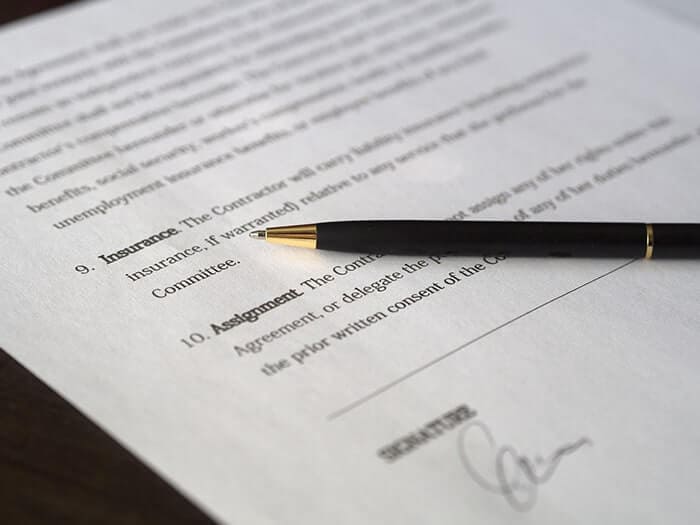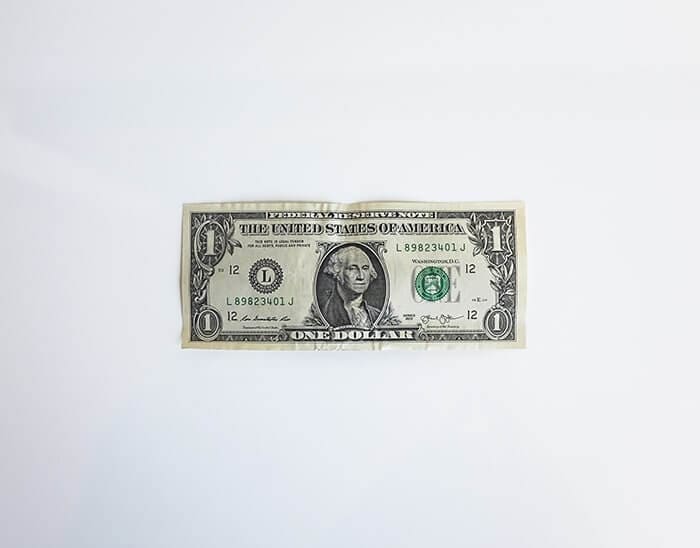Nothing makes new entrepreneurs jolly than securing loans to finance their business ideas. However, the joy may be short-lived if the business starts to experience a financial challenge. In this article we discuss What Happens When You Fail to Pay a Business Loan.
The loan that you celebrated securing could turn out to be a pain in your flesh and soul.
While most entrepreneurs are aware of what they can do with borrowed finance, some are ignorant of the repercussions of failing to finance loans.
As an entrepreneur, you may plan your business activity to the best of your ability, but your occupation’s unpredictable nature might put your viable plans into jeopardy.
The situation could lead to late repayment or failing to finance your loan altogether.
Here’s what awaits you:
Table of Contents
Familiarize Yourself with the Terms of the Loan

While your business may experience unforeseen challenges, loan terms usually remain unchanged. It’s essential to know how your loan is aiding the business and the danger the borrowed fund poses to your occupation.
If you’re familiar with the terms of the loan, be aware of its category, repayments, and penalties.
It’s worth staying armed with the knowledge of what could happen if you default on loans.
If you are an Australian and own a small business, click on this link to better understand how loans operate to help grow your venture.
With an understanding of things, such as the loan’s price to loan rates, you will be well-placed to understand what will happen when you fail to honor the loan agreements.
Attracts Additional Payments
Late repayments and failure to finance a loan are both substantial aspects of loan defaulting. Forget about the interest rates that your loan requires, defaulting on terms of borrowed finance attracts additional payments.
Most lenders slap their clients with fines on top of the interest rate for failing to repay loans on time.
Sometimes, a loan defaulter may be required to incur administration costs. The loan payment penalties may appear insignificant at the start, but after accumulating them for some period, you’ll experience reality and pain.
Loss of Properties You Named as Collateral
The most popular kinds of loans are secured and unsecured loans. Most entrepreneurs may think that unsecured loans have loopholes because they don’t require collateral, but that isn’t the case.
Lenders’ personal guarantees subject borrowers to get the best-unsecured loans that appear to be technical collateral.
For secured loans, lenders require their clients to provide specific items to be used as collateral. Collateral can be a vehicle, house, or even receivable accounts.
When a court of law has deemed an individual a loan defaulter, the moneylender can seize properties mentioned in the Collateral to recover the money owed.

Taints Your Credit Score Ratings
It’s your positive credit score that earned you the loan that’s troubling you. Failure to repay your lenders reduces your chances of securing future loans.
Before giving out loans, lenders usually carry out credit checks to establish your creditworthiness.
A tainted credit score may only hand you less favorable terms in the future. In addition, such conditions are accompanied by short-term repayment programs and high-interest rates.
It could mean that any financial lending you receive henceforth puts you in economic struggles rather than helping you.
Submission of Your Account for Collection at the Treasury Departments
Secured SBA loans are often strict and come with stringent measures compared with other categories of loans.
After defaulting on your loan terms, you’ll come up against the lender, ready to initiate collection procedures as outlined in your loan agreement.
The agreement may require you to submit any collateral attached to the loan.
In these early stages, the lender submits a claim to SBA about your non-compliance with the terms of the loan.
SBA is an agency that protects lenders from suffering the heavy burden on loan non-payments. The agency may pay the lender the amount you owe but will work on loan recovery.
After settling the lender’s dues, the agency will turn the heat on the borrower to recover its expenses.
Defaulters with financial ability usually pay at once, but entrepreneurs facing economic constraints opt for a compromise.
The compromise often requires the borrower to repay smaller installments than the official debt.
If SBA accepts your loan payment plans, it can be solace because the case is over. However, failure to settle will mean that the agency will have no option but to submit your accounts for collection at the Treasury Department.
The step is usually harsher because your wages will be at stake for collection.
While loans have inspired financial growth for some investors, massive debts have become a source of depression for failing businesses.
An entrepreneur should understand all terms of loans to avoid future upsets and disappointments.
Join The Logo Community
We hope you have enjoyed this article about What Happens When You Fail to Pay a Business Loan. If you would like more personal tips, advice, insights, and access to our community threads and other goodies join me in our community.
You can comment directly on the posts and have a discussion with Andrew, the Founder of The Logo Creative.
*TIP – We recommend Skillshare to learn online. There are tons of classes for everything including graphic design, web design, marketing, branding and business related courses. Get a free 2 months with our link and you won’t regret it Trust us!


